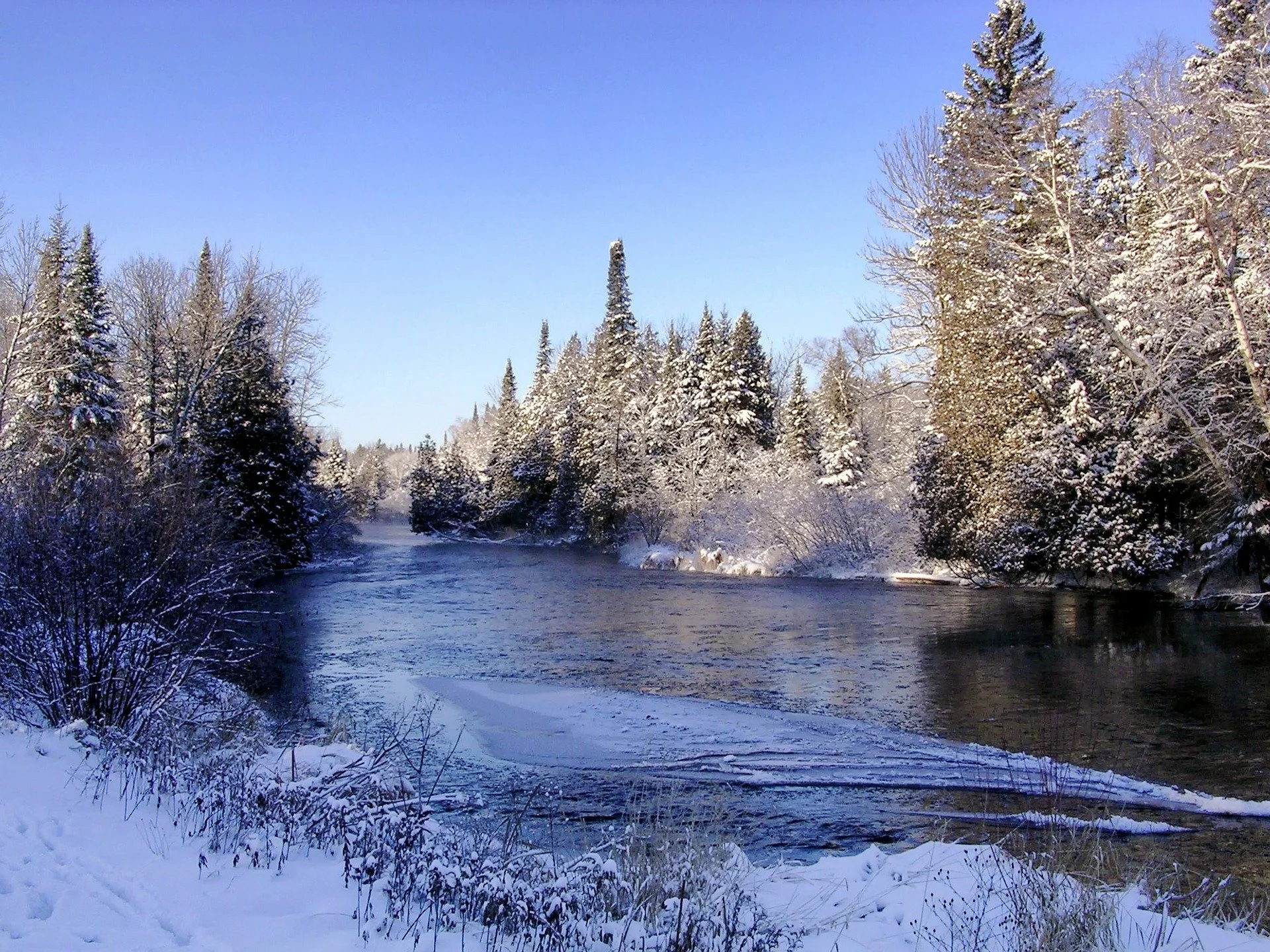To celebrate Native American Heritage Month, the Forward in Energy Forum held a panel titled “Power and Water: The confluence of energy development and activism on Tribal Lands” Tuesday, Nov. 1, at the Wisconsin Energy Institute.
The panel was moderated by UW water resources engineering research associate Parisa Sarzaeim. The panel discussed how Indigenous nations in the Midwest are handling large-scale utility companies building energy infrastructure on tribal lands.
Assistant professor of history and American Indian studies Sasha Maria Suarez spoke on Indigenous activism and resistance. Suarez said activism takes many forms. Activists participate in water walks as well as public hearings and legal cases. Activists can also take direct actions, such as camping among oil pipelines with the goal of raising awareness to the threat an oil spill would have on water sources and Indigenous communities.
“We see the ways in which Indigenous peoples are building strong coalitional movements between Native and non-Native people around this issue of our shared environments and why it is important to protect them,” Suarez said.
Sault Ste. Marie Tribe of Chippewa Indians environmental program manager Kathleen Brosemer spoke about seventh-generation thinking, a philosophy that decisions today should consider sustainability for seven generations in the future.
Seventh-generation thinking focuses on the land as its own entity with its own agency and how land should be respected when people make decisions, Brosemer said.
“Rules and the laws are based on the land or the natural law, and what the land accepts and what the land does not accept,” Brosemer said. “And that is far, far longer than seven generations.”
An audience member asked Mashkiiziibii (Bad River) Natural Resource Department tribal energy manager and air quality technician Daniel Wiggins Jr. what energy and environmental justice looks like. Wiggins said tribes entering the energy industry themselves is one step towards environmental justice.
This transition is different for each tribe based on location, but Wiggins said tribes are able to regulate utilities that come across reservations and can start large-scale wind, solar and other energy projects as a result.
“There’s great opportunity for tribes to take back what they need to and then to get into a lot of these businesses that you see these utilities in,” Wiggins said.
This panel is a part of the monthly Forward in Energy Forum. The forum aims to encourage social, technical, political and economic aspects of clean energy projects by bringing together experts from on and off campus. With November being Native American Heritage Month, the panel focused on sovereign Indigenous nations in the Midwest and the energy infrastructure on tribal lands, Wisconsin Energy Institute research and education coordinator Scott Williams said.
Williams encouraged people to take part in Native November events at UW. This year’s theme is “beyond an acknowledgment,” which includes recognizing Indigenous peoples’ current and future issues and successes.









